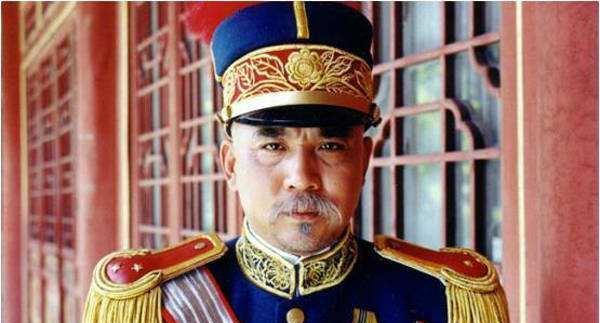Yuan Shikai married nine concubines in his lifetime, and had 17 sons and 15 daughters. Among them, the sixth aunt, The Sixteenth Son Yuan Juxun (formerly known as Yuan Kejie), the grandson Yuan Jiazhen and Yuan Jiawei (nicknamed Yuan Xiaowu and Yuan Xiaoliu) and four members of the family moved from Beijing to Helan County, Ningxia in 1955. In 1958, Yuan Juxun and his mother Ye Hao died one after another and were buried here. The special origins and legendary experiences of the three generations of Ye's ancestors are little known.

Ye Hao, born in the seventeenth year of the Qing Dynasty (according to Ye Shi's lifetime, she was two years younger than Yuan Kewen, the second son of Yuan Shikai), was a fisherman in Nanjing, Jiangsu Province (Jiangning Province during the Qing Dynasty). Ye Hao's family was well-off at an early age, belonging to a large family with wealth in Jiangning Province at that time, and his father had property in Jiangning, Zhenjiang, Yangzhou and other places. Ye Shi was born beautiful and intelligent, melon face, willow leaf eyebrows, apricot core eyes, cherry mouth, lotus three inches, tall figure, still a young girl has been completed into a pavilion of peugeot posture. When she was young, she learned to read the "Four Books" and "Five Classics", knew dali and was good at female red.
In the early summer of 1959, the Nanjing Municipal People's Committee sent an official letter. The above says: After investigation, the original house on a street in Nanjing (the address can not be remembered) on the half street, in 1937 the owner was Ye Hao.
These houses belong to the Ye family's private property and do not know how to dispose of them. After the Japanese occupied Nanjing, it was occupied by the Japanese military organs. After the victory of the War of Resistance Against Japanese Aggression, the Kuomintang troops accepted it according to the enemy's false legacy, and used it as a military camp without finding out who the owner of the house was. After the liberation of Nanjing, it was taken over by the people's government. In the 1950s, Nanjing implemented a private property policy and verified that the owner of the house was Ye Hao. So Nanjing contacted Beijing and learned that Ye Hao had moved to Ningxia, so he sent a letter informing Ye Hao to accept it.
After that, Gao Jun replied to the letter, proving that Ye Himself was dead, that the two grandsons were still alive, and that it could be inherited by the grandson, but there was still no reply.